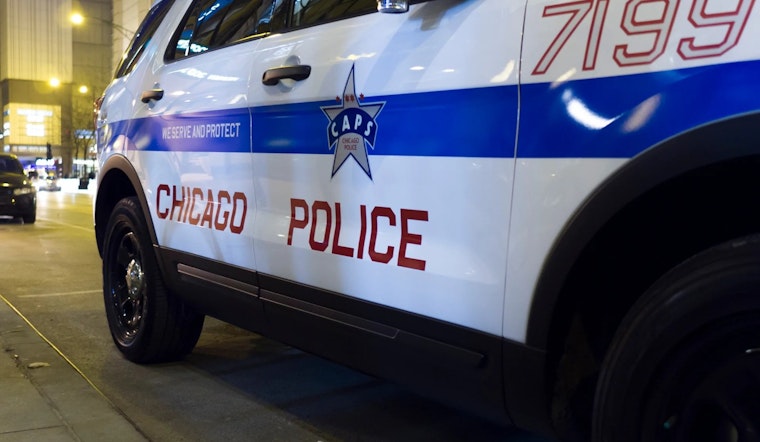
Questions continue to loom following the fatal police shooting of Dexter Reed during a traffic stop for seatbelt violation, as Chicago Police Superintendent Larry Snelling announced that involved officers will retain their police powers pending an investigation. The incident, which resulted in Reed's death and a tactical officer's injury, unfolded within a brief but harrowing 41 seconds, with police firing 96 shots. The Civilian Office of Police Accountability (COPA) released footage of the incident and recommended that the officers be stripped of their powers while investigations are underway, the Chicago Sun-Times reported.
The superintendent's decision sits at the center of controversy, particularly as past complaints against the officers involved have surfaced. According to CBS 2, the officers have had 14 complaints in the past year, including several during traffic stops. Despite this, Snelling emphasized in his press conference that "I will not make a decision to strip officers until that investigation unfolds," further stating, "We should let a proper investigation play out, and it should be fair across the board," per CBS News.
Details of Reed's life leading up to the shooting reveal a complex struggle with mental health and personal reinvention. Before this fatal encounter, Reed had already been a shooting victim in 2021 during a family altercation involving his uncle, which resulted in a coma, and his admission of suffering from schizophrenia and PTSD. According to his attorney, Andrew M. Stroth, Reed was attempting to turn his life around, focusing on healthier living and basketball, "Dexter Reed had a will to live," Stroth said, "Dexter Reed was trying to eat healthy and exercise and play hoops, and he was getting his life back on track. And then this traumatic incident happened with the police," the Chicago Sun-Times reported.
Amidst the aftermath, Snelling addressed COPA's ongoing investigation and the department's recent implementation of a dashboard to monitor officers with multiple complaints, a move aimed at accountability and potentially addressing issues like post-traumatic stress disorder among law enforcement. "It will give us alerts if we see officers who have multiple complaints, and then at this point, we'll take action based on what we see," Snelling said, emphasizing not to rush judgment and the need for a conclusive investigation process, according to CBS News. The videos of Reed's last moments however continue to spark debate over the officers' use of force, COPA's recommendations, and the police department's ability to self-regulate in the face of such incidents.









